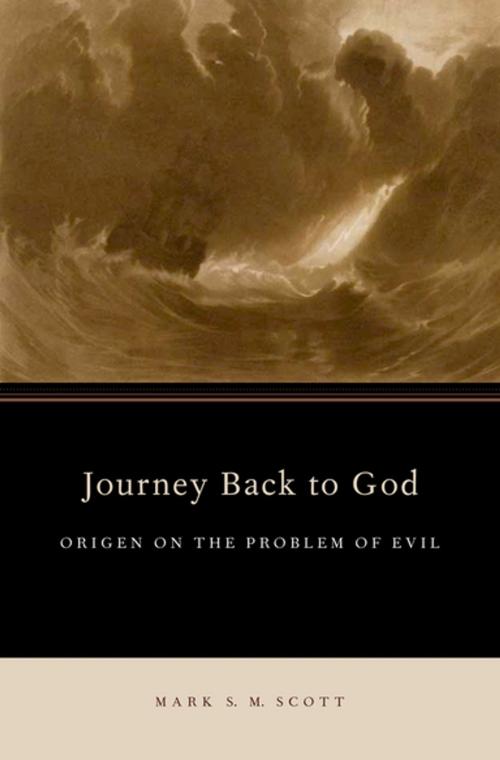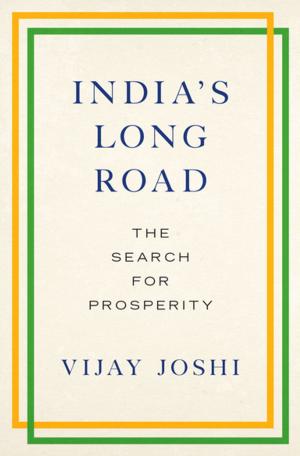Journey Back to God
Origen on the Problem of Evil
Nonfiction, Religion & Spirituality, Christianity, Church, Church History, Theology| Author: | Mark S.M. Scott | ISBN: | 9780190240783 |
| Publisher: | Oxford University Press | Publication: | June 1, 2012 |
| Imprint: | Oxford University Press | Language: | English |
| Author: | Mark S.M. Scott |
| ISBN: | 9780190240783 |
| Publisher: | Oxford University Press |
| Publication: | June 1, 2012 |
| Imprint: | Oxford University Press |
| Language: | English |
Journey Back to God explores Origen of Alexandria's creative, complex, and controversial treatment of the problem of evil. It argues that his layered cosmology functions as a theodicy that deciphers deeper meaning beneath cosmic disparity. Origen asks: why does God create a world where some suffer more than others? On the surface, the unfair arrangement of the world defies theological coherence. In order to defend divine justice against the charge of cosmic mismanagement, Origen develops a theological cosmology that explains the ontological status and origin of evil as well as its cosmic implications. Origen's theodicy hinges on the journey of the soul back to God. Its themes correlate with the soul's creation, fall and descent into materiality, gradual purification, and eventual divinization. The world, for Origen, functions as a school and hospital for the soul where it undergoes the necessary education and purgation. Origen carefully calibrates his cosmology and theology. He portrays God as a compassionate and judicious teacher, physician, and father who employs suffering for our amelioration. Journey Back to God frames the systematic study of Origen's theodicy within a broader theory of theodicy as navigation, which signifies the dynamic process whereby we impute meaning to suffering. It unites the logical and spiritual facets of his theodicy, and situates it in its third-century historical, theological, and philosophical context, correcting the distortions that continue to plague Origen scholarship. Furthermore, the study clarifies his ambiguous position on universalism within the context of his eschatology. Finally, it assesses the cogency and contemporary relevance of Origen's theodicy, highlighting the problems and prospects of his bold, constructive, and optimistic vision.
Journey Back to God explores Origen of Alexandria's creative, complex, and controversial treatment of the problem of evil. It argues that his layered cosmology functions as a theodicy that deciphers deeper meaning beneath cosmic disparity. Origen asks: why does God create a world where some suffer more than others? On the surface, the unfair arrangement of the world defies theological coherence. In order to defend divine justice against the charge of cosmic mismanagement, Origen develops a theological cosmology that explains the ontological status and origin of evil as well as its cosmic implications. Origen's theodicy hinges on the journey of the soul back to God. Its themes correlate with the soul's creation, fall and descent into materiality, gradual purification, and eventual divinization. The world, for Origen, functions as a school and hospital for the soul where it undergoes the necessary education and purgation. Origen carefully calibrates his cosmology and theology. He portrays God as a compassionate and judicious teacher, physician, and father who employs suffering for our amelioration. Journey Back to God frames the systematic study of Origen's theodicy within a broader theory of theodicy as navigation, which signifies the dynamic process whereby we impute meaning to suffering. It unites the logical and spiritual facets of his theodicy, and situates it in its third-century historical, theological, and philosophical context, correcting the distortions that continue to plague Origen scholarship. Furthermore, the study clarifies his ambiguous position on universalism within the context of his eschatology. Finally, it assesses the cogency and contemporary relevance of Origen's theodicy, highlighting the problems and prospects of his bold, constructive, and optimistic vision.















